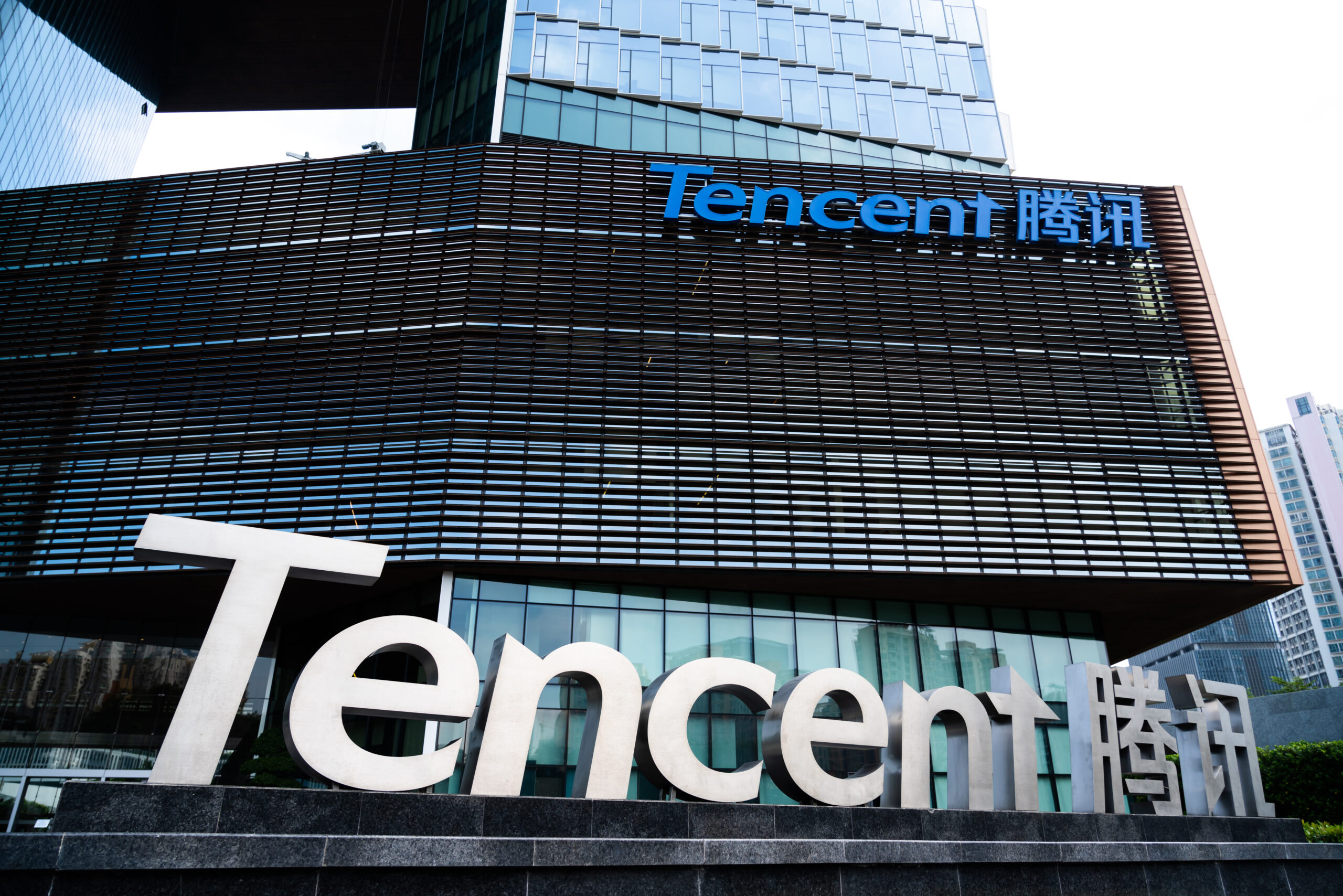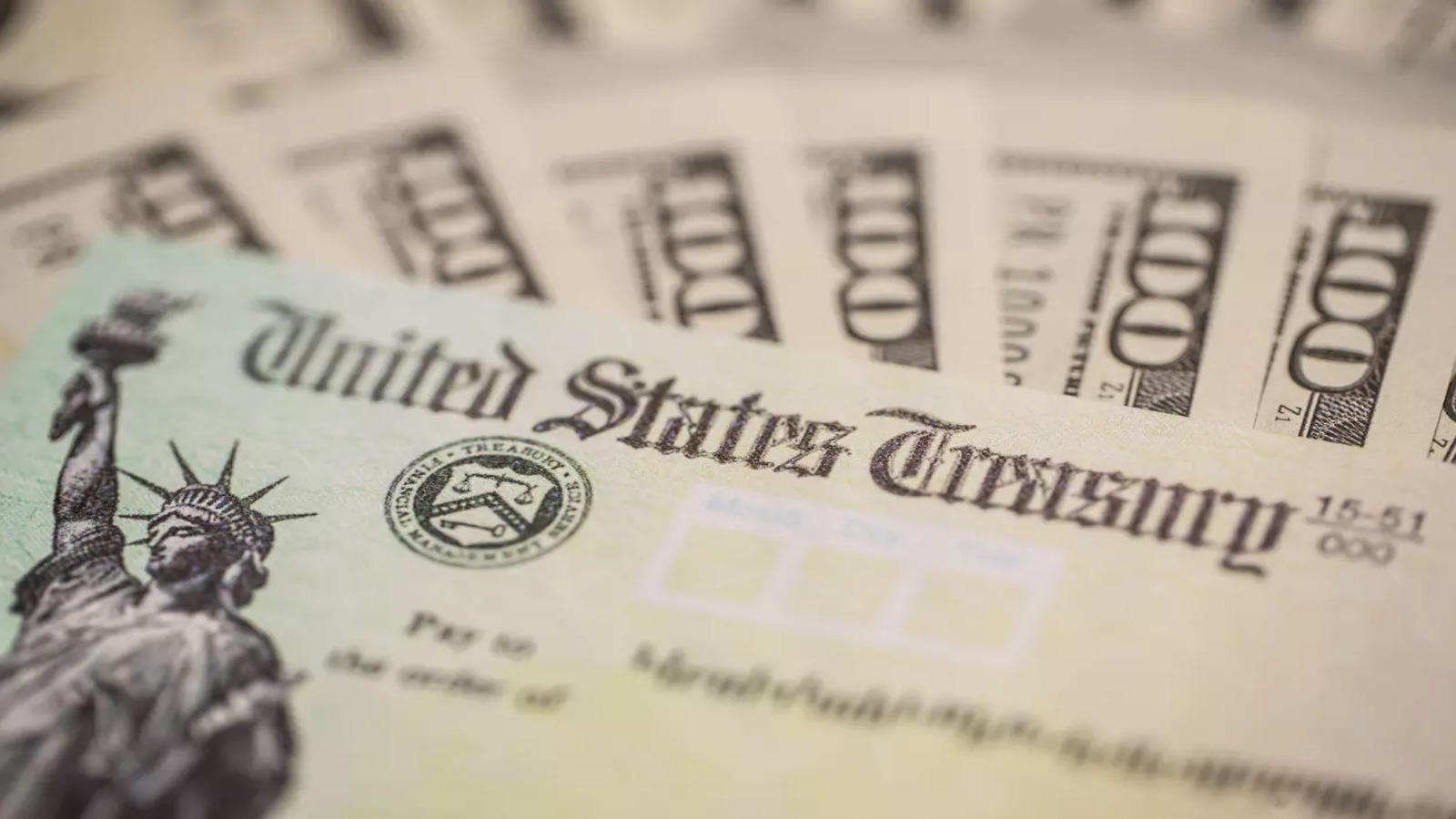Chinese tech giant Tencent will launch its “Hunyuan” artificial intelligence model for enterprises at its annual summit on Thursday, said Dowson Tong, chief executive of Tencent’s cloud and intelligence industry group.
The news comes a few days after Baidu unveiled a slew of AI-powered apps on Tuesday because of more supportive regulation.
Tencent said it is testing its Hunyuan AI model internally in advertising and FinTech. The gaming and social media giant also plans to release an artificial intelligence chatbot on Thursday, the company said in an online release.
Tencent will integrate Hunyuan’s features into its existing video conferencing and social media products, Tong said.
The company operates WeChat, a widely used messaging and payment app in China, and Tencent Meeting, a video conferencing platform.
In recent weeks, Baidu and several other Chinese companies have been given the green light to release AI-powered chatbots to the public.
Like ChatGPT, bots aim to answer questions in a human and conversational way, but mainly in Chinese. Some, like Baidu’s Ernie bot, also convert text to images and videos using plugins.
OpenAI ChatGPT is not officially available in China. Chatbot releases comply with China’s new regulation on generative artificial intelligence, which went into effect on August 15.
When asked about the rules, Tong pointed out that such artificial intelligence is so new that no one knows what impact it will have on society.
Tong said, “It makes sense to put protective barriers in place. This helps ensure that the technology or services offered are of sufficient quality not to create or spread misinformation.”
Chinese officials said the “temporary” rules, which went into effect last month, will not apply to companies developing artificial intelligence technology until the product is available to the public.
This is more lenient than the draft published in April, according to which the future rules will also be applied in the investigation phase.
While Beijing has shown greater support for generative AI than initially feared, Chinese companies are also facing US restrictions on the supply of advanced semiconductors. Advanced versions of high-tech chips known as graphics processing units (GPUs) allow companies to train artificial intelligence models.
“The limitation we are facing is hindering the speed of progress, of development,” said Tong.
Tong mentioned that the demand for computing power exceeds supply in China. He added, “To reduce the gap, companies are focusing on specific use cases and building appropriately sized models. And we expect that the supply of GPU computers will be greater in the coming months, and therefore the development of these technologies can speed up.”
Tencent is just one of several Chinese companies — from startups to phone maker Huawei — that have rushed to introduce AI products this year. In August, Alibaba announced it would open up its AI model to third-party developers.
Tencent’s Tong said AI needs industry-specific training for value-creating technology. He listed business use cases in finance, public services, tourism, and customer service.
Tong added, “We think many customers would benefit more from using open source models and using their business data to train their models to meet the very specific needs of their industrial use. This limited use can also help with data protection.“





